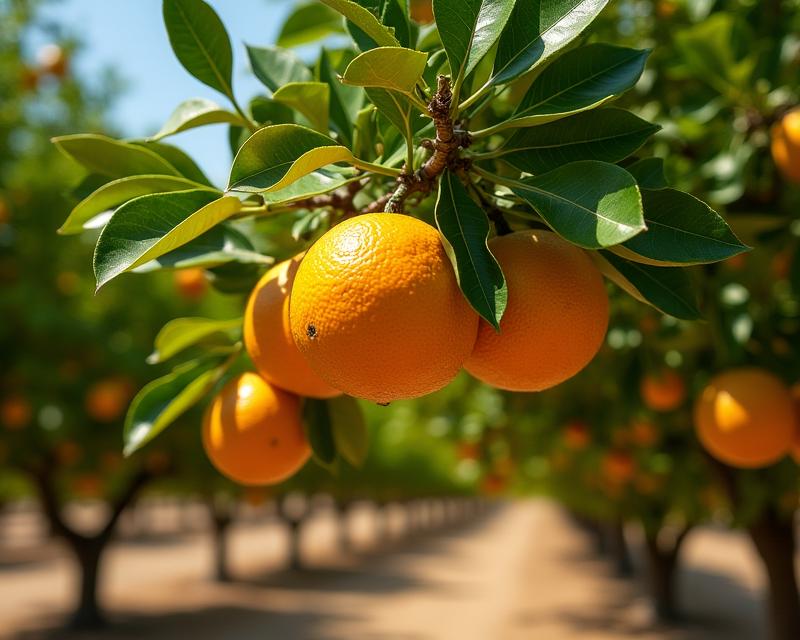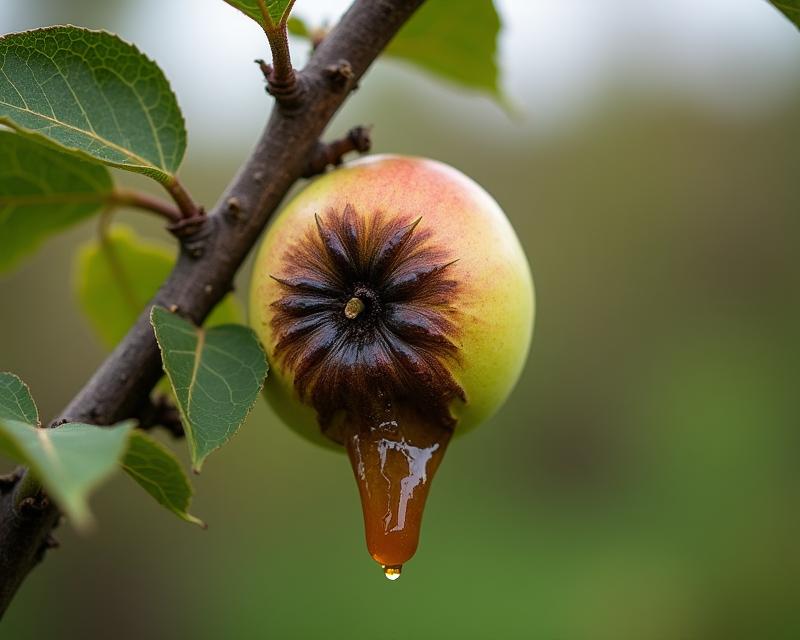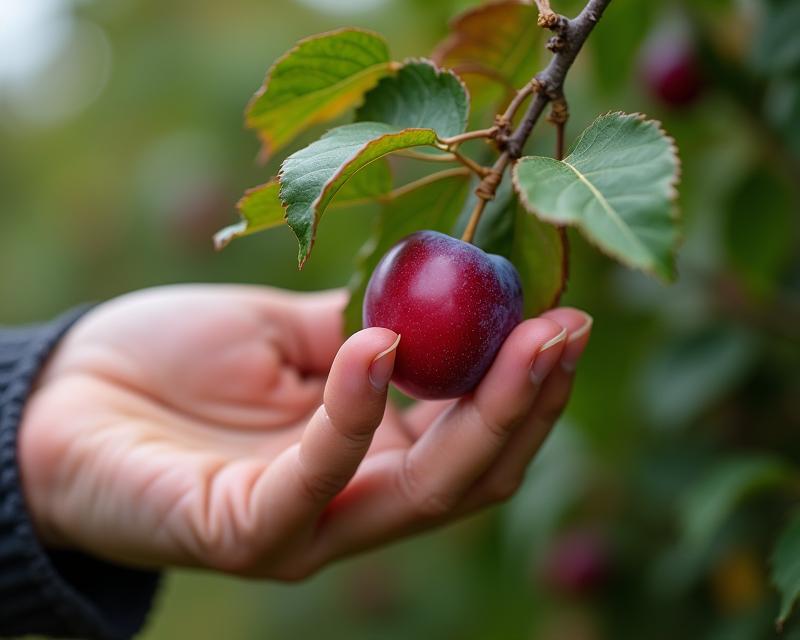Weed Control: Beyond Herbicides
Publish in Crops el 28/06/2025 22:36
Weed Control: Beyond Herbicides
Weeds are an inevitable part of farming. They compete with crops for vital resources like sunlight, water, and nutrients, significantly impacting yield and quality. While herbicides have been a common solution for decades, growing concerns about environmental impact, herbicide resistance, and human health are driving farmers to explore alternative weed management strategies. A holistic approach, combining multiple techniques, is often the most effective way to keep weeds at bay.

Cultural Practices: A Foundation for Weed Suppression
Before considering more intensive methods, focusing on cultural practices is crucial. This involves optimizing growing conditions to favor crop growth and suppress weed germination. Practices like crop rotation, using cover crops, and adjusting planting dates can disrupt weed life cycles. Crop rotation, for example, breaks weed cycles by alternating crops with different growth habits and nutrient needs. Cover crops, planted between cash crops, outcompete weeds for resources and improve soil health. Proper spacing and irrigation also play a role in minimizing weed establishment.
Mechanical Weed Control: Effective and Eco-Friendly
Mechanical weed control involves physically removing weeds from the field. This can be achieved through various methods, including hoeing, cultivation, and mowing. Hoeing is effective for small-scale operations and spot treatments. Cultivation, using tools like cultivators and chisels, is suitable for larger areas. Mowing can be used to suppress weed growth before planting or to manage weeds in non-crop areas. While requiring more labor than herbicide application, mechanical methods are environmentally friendly and can be highly effective when implemented consistently. Investing in the right equipment, like a rotary hoe or a tractor-mounted cultivator, can significantly improve efficiency.
Biological Control: Harnessing Nature's Allies
Biological control utilizes natural enemies of weeds, such as insects, fungi, and bacteria, to suppress weed populations. This approach is environmentally sound and can provide long-term weed management solutions. Examples include using specific weed-feeding insects or introducing fungi that parasitize weed seeds. While biological control can be slower to establish than other methods, it offers a sustainable alternative to chemical herbicides. Careful research and understanding of the local ecosystem are essential for successful biological control implementation. It's a growing field with exciting potential for the future of weed management.





